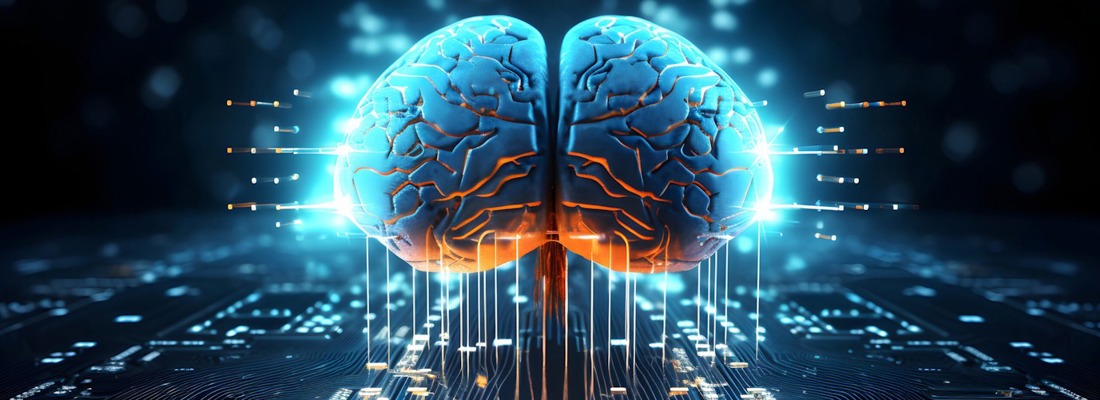Introduction
The world of AI-generated images has reached a new frontier with the release of OpenAI's latest model, GPT-4o. Unlike previous iterations, GPT-4o seamlessly integrates advanced image generation capabilities, producing highly detailed, contextually accurate, and incredibly realistic visuals. One of the most groundbreaking advancements in this model is its ability to generate photorealistic images that rival human-created photography. This leap forward opens up unprecedented possibilities across industries such as marketing, design, entertainment, and education.
The Evolution of AI Image Generation
Before the introduction of GPT-4o, AI-generated images often lacked detail, suffered from distortions, and struggled with rendering realistic human features, hands, and text. While models like DALL·E 3 made significant progress in creating artistic and conceptual images, they still faced limitations in realism.
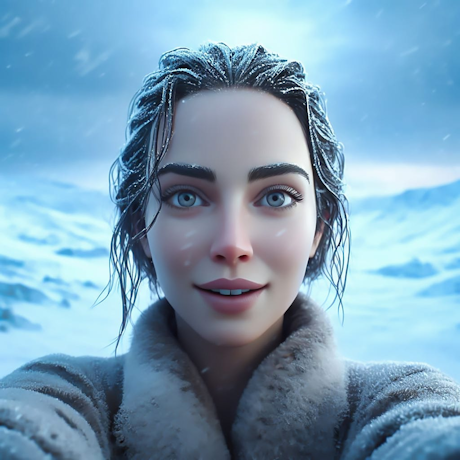
GPT-4o changes the game by leveraging improved neural network architectures and multimodal capabilities, allowing it to:
- Produce images with photorealistic textures and lighting
- Accurately depict human features, hands, and proportions
- Embed clear, readable text into images
- Generate highly complex scenes with multiple objects and intricate details
These advancements make AI-generated images far more useful for real-world applications, especially in commercial and professional settings.
Key Features of GPT-4o's Image Generation
Photorealism: AI-Generated Images That Look Real
GPT-4o excels in generating images that closely resemble actual photographs. Thanks to advanced lighting simulation, texture refinement, and improved depth perception, it can create visuals that are almost indistinguishable from real photos. This means businesses can now generate product images, portraits, and lifestyle shots without the need for expensive photo shoots.
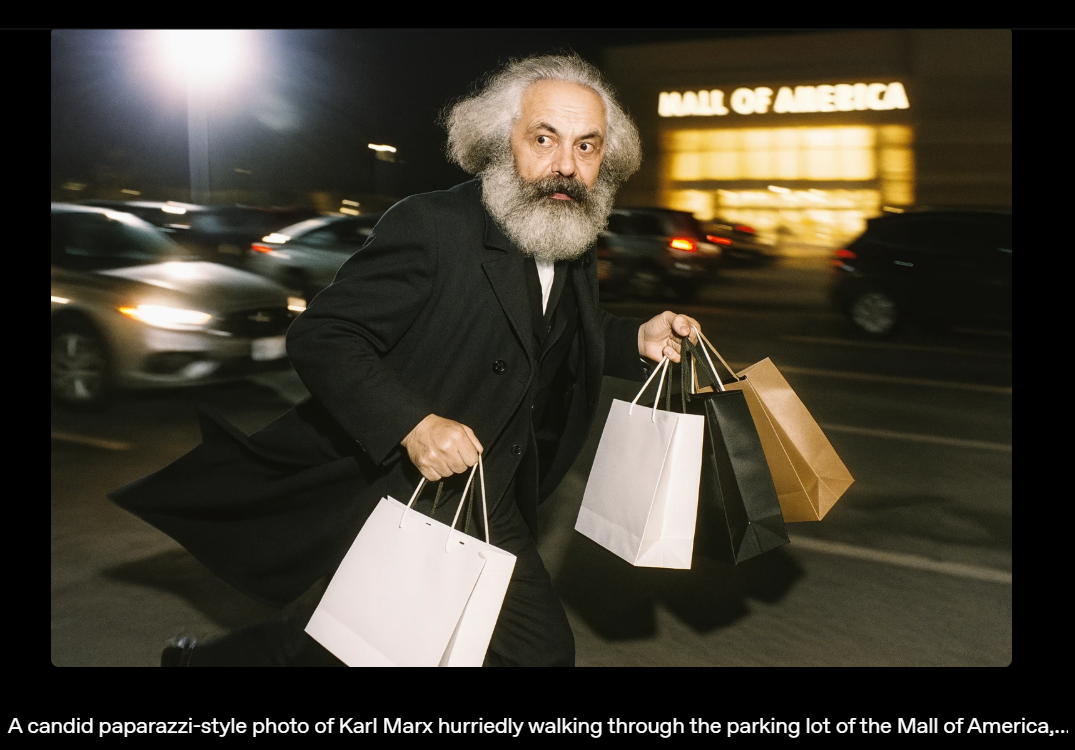
Enhanced Detail in Human Features
One of the most significant improvements is the model's ability to render highly accurate human faces, hands, and body structures. Unlike previous models that often struggled with facial symmetry and anatomical correctness, GPT-4o ensures:
- Symmetrical and natural-looking faces
- Correctly proportioned hands and fingers
- Realistic hair, skin textures, and lighting effects
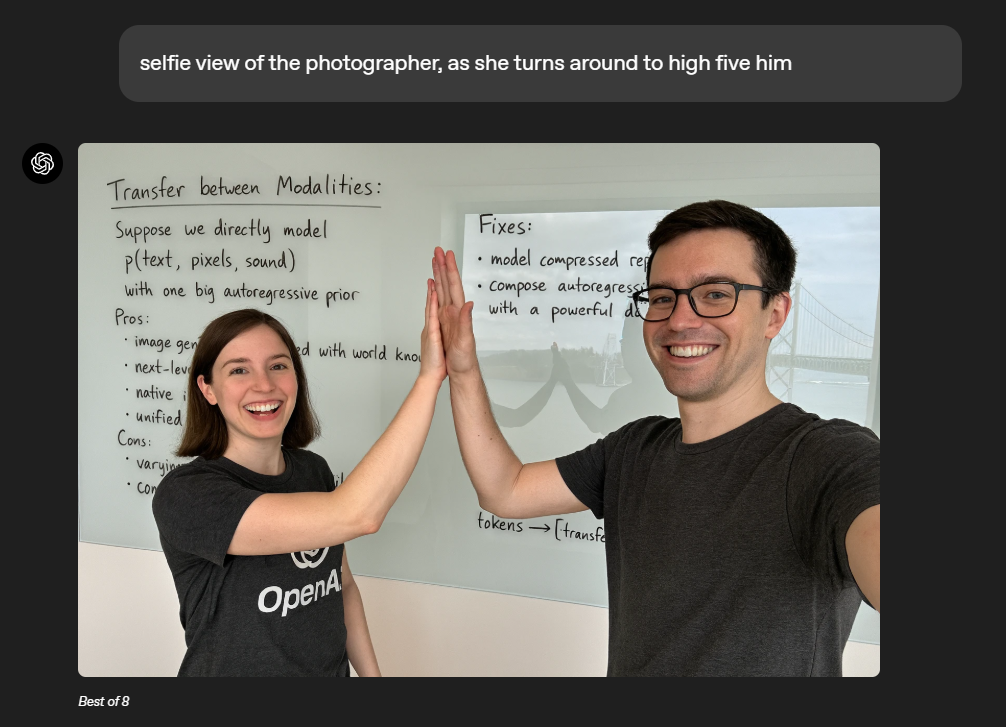
Seamless Text Embedding in Images
A major breakthrough in GPT-4o's image generation is its ability to place text within images accurately. This opens up possibilities for generating:
- Social media graphics with captions
- Infographics and data visualizations
- Custom marketing materials with brand-specific messaging
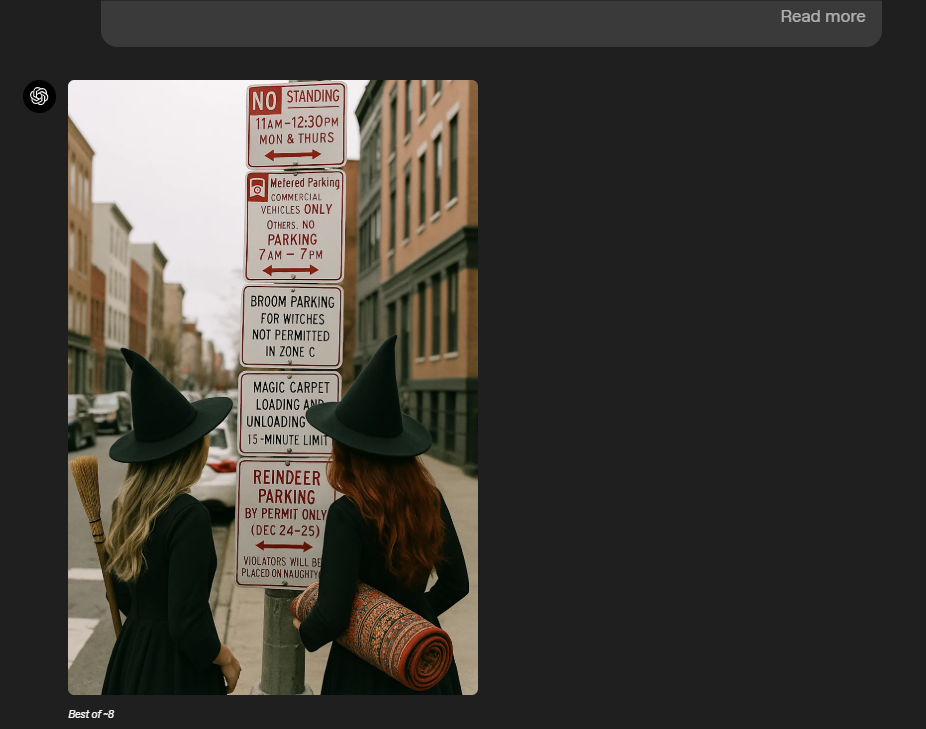
Greater Control Over Composition
GPT-4o allows users to specify detailed prompts, including:
- The number of objects in a scene
- The arrangement of elements
- Background styles and color schemes
This level of control makes it a powerful tool for designers, advertisers, and content creators looking for precise visual output.
Improved World Knowledge for Contextually Accurate Images
Unlike previous AI models that sometimes generated incorrect details, GPT-4o benefits from a more comprehensive knowledge base. This enables it to create historically accurate, culturally appropriate, and scientifically precise images, making it ideal for educational materials, journalism, and data storytelling.
Applications of GPT-4o's Image Generation
Digital Marketing and Advertising
With the ability to produce high-quality, photorealistic images on demand, businesses can revolutionize their marketing strategies. GPT-4o enables:
- The creation of visually compelling ads
- Personalized product visuals for e-commerce
- Dynamic social media content that engages audiences
Web Design and Branding
Web designers and brand strategists can leverage AI-generated images to:
- Enhance website aesthetics with customized visuals
- Generate unique logos and banners
- Improve UX by incorporating highly relevant imagery
E-Commerce and Product Visualization
Retailers and online businesses can use AI-generated images to:
- Showcase products in different styles and settings
- Create lifelike mockups without physical prototypes
- Offer customizable product previews for customers
Entertainment and Media
Filmmakers, game developers, and content creators can use GPT-4o to:
- Generate realistic concept art and storyboards
- Design characters and environments
- Produce promotional posters and artwork
Education and Training
AI-generated images can enhance learning materials by providing:
- Highly detailed scientific illustrations
- Historical reconstructions
- Interactive visual aids for complex concepts
SEO Benefits of AI-Generated Images
Increased Engagement and Reduced Bounce Rates
Studies show that users engage more with visually rich content. High-quality images generated by GPT-4o can:
- Capture user attention faster
- Encourage longer website visits
- Improve overall user experience
Optimized for Visual Search
Search engines prioritize visually appealing and informative images. Using AI-generated images with proper metadata and alt text improves a website’s ranking in search results.
Faster Load Times and Customization
Unlike stock images, AI-generated visuals can be tailored to fit a website’s theme and branding while being optimized for fast loading speeds, reducing server strain and improving performance.
Ethical Considerations and Safeguards
As AI-generated images become more realistic, ethical concerns arise regarding misinformation, copyright, and data privacy. OpenAI has implemented several safeguards in GPT-4o to prevent misuse:
- Content Moderation: Strict guidelines prevent the generation of harmful, deceptive, or explicit images.
- C2PA Metadata: AI-generated images include identifiable metadata, promoting transparency.
- Respect for Intellectual Property: Efforts have been made to ensure AI-generated images do not replicate copyrighted material without permission.
Conclusion
GPT-4o represents a monumental step forward in AI-driven image generation, bringing photorealism, enhanced detail, and greater control to users across various industries. From marketing and design to education and e-commerce, this technology is redefining how images are created and used in the digital space.
For businesses and content creators, leveraging GPT-4o's capabilities can lead to more engaging content, improved SEO performance, and significant cost savings on traditional media production. As AI-generated images become an integral part of digital content strategy, staying ahead of this trend will be crucial for anyone looking to enhance their online presence.
The future of AI-generated images is here — and it looks more real than ever.
